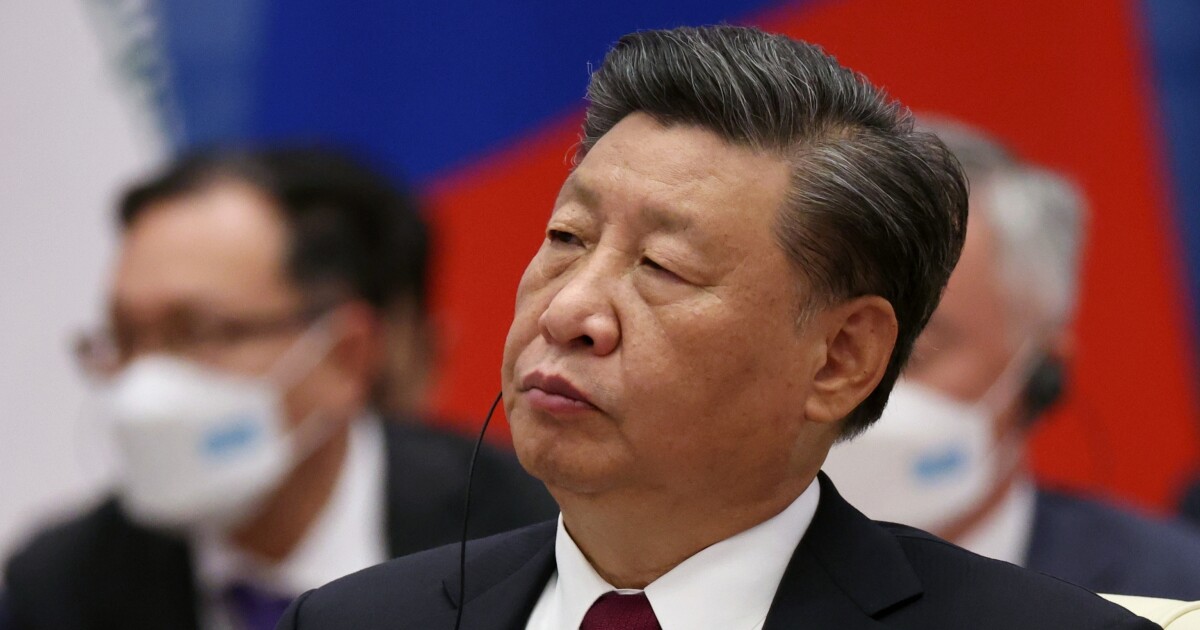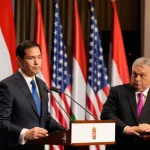

Chinese leader Xi Jinping is a “rational actor,” according to U.S. Joint Chiefs of Staff Chairman Gen. Mark Milley, who said the Chinese leader likely views invading Taiwan as “an excessive amount of risk.”
Milley’s assessment of the Chinese leader, who recently began his third term in political office, comes as the two opposing nations continue to dispute the China and Taiwan relationship.
“I think he evaluates things on cost, benefit, and risk,” Milley told reporters during a press conference with Secretary of Defense Lloyd Austin on Wednesday afternoon. “I think that he would conclude that an attack on Taiwan in the near future would be an excessive amount of risk and would end in a strategic, really, debacle for the Chinese military, and I think it would throw off their kind of dream of being the No. 1 economic and military power.”
RUSSIA LAUNCHES NEW WAVE OF MISSILE STRIKES FOLLOWING KHERSON RETREAT
The Chinese view Taiwan as a part of their country, while the island of roughly 24 million people is self-governing and has claimed its independence. The United States has recognized China’s claim to Taiwan but does not support any unilateral change in the status.
The U.S. is “militarily prepared” should China invade Taiwan, Milley explained. It is unclear what a response would entail considering the U.S. maintains a policy of strategic ambiguity, which means the U.S. intentionally keeps its plans in case of an invasion secret so that China wouldn’t be able to prepare for it.
President Joe Biden has said multiple times that the U.S. would defend Taiwan militarily, while his administration has reiterated that he wasn’t speaking to any policy shifts.
The Pentagon has listed China as its “pacing challenge,” while Secretary of State Antony Blinken said last month that Xi made a “fundamental decision” that the status quo of Taiwan’s self-governance is “no longer acceptable” and that the Chinese are “determined to pursue reunification on a much faster timeline.”
CLICK HERE TO READ MORE FROM THE WASHINGTON EXAMINER
Biden and Xi met earlier this week in a wide-ranging, roughly three-hour-long conversation on the sidelines of the Group of 20 leaders summit in Bali, Indonesia, where they discussed their strained relationship.
“President Biden raised concerns about PRC practices in Xinjiang, Tibet, and Hong Kong, and human rights more broadly,” the White House said Monday. “He raised U.S. objections to the PRC’s coercive and increasingly aggressive actions toward Taiwan, which undermine peace and stability across the Taiwan Strait and in the broader region and jeopardize global prosperity.”







